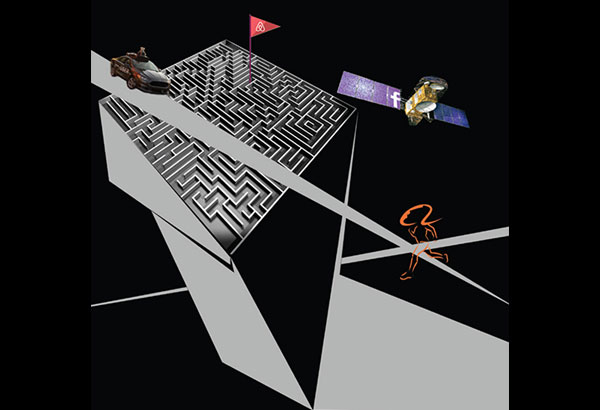
We are presently nearing the end of the holy month of Ramadan, where the Muslim world fasts for a month during daylight hours to commemorate the revealing of the Quran to the prophet Mohammed.
From a societal perspective, Ramadan is a wonderful and unifying time when everyone sacrifices together in unity; however, for some businesses, Ramadan is a difficult time. Or so they believe.
When I first moved to Morocco in 1990, I was given the P&G business indoctrination about the holy month of Ramadan. I was told the sole focus of both retailers and consumers was food items, not the typical diapers and shampoos and laundry detergents of P&G. Basically I was told Ramadan was a “dead” month and we should expect to sell very little. This is the way it is. Accept it. One month out of 12 every year is just going to be “dead.” You lose eight percent of the year, every year.
So, going into year two we decided that rather than sit back and accept the “Ramadan hit” to the business and scramble the rest of the year to make our targets, we would challenge the paradigm. Why does Ramadan have to be the worst month of the year? Why do we accept this? Babies still poop, people still wash clothes, life goes on. Sometimes we believe a self-fulfilling prophecy. We expect failure and that is exactly what we get! The entire P&G Morocco sales organization was trained to think that Ramadan is a dead month. But I said, let’s change the paradigm. Let’s design a program to have a strong Ramadan!
So we put in place the consumer and customer plans to have a strong month. We set lofty goals. And the shock was, during Ramadan, we had a record month! When things were supposed to be the worst, we had a breakout period! We grew share as the only active non-food company. We shifted the paradigm. Sales started to believe that Ramadan could be a huge month rather than a weak month.
In the following three years, each year the month of Ramadan would set a sales record, breaking the prior year’s record. Ramadan went from being an expected “down” month to being a month we expected huge sales. It’s amazing how paradigms and self-fulfilling prophecies can shape not only our thinking, but the outcome. If we expect our results to suck, well, we are not going to be surprised! The results are going to suck. You have talked yourself into it.
Organizations deliver to their expectations. Simple. If they expect the business to tank, well, indeed it shall. And this is where leaders come in.
Poor leaders live in a world of paradigms. They expect the business to tank during Ramadan. They have convinced themselves of this and they have their whole organization and customers convinced. And the outcome is exactly as expected: business sucks.
Poor leaders take a price increase and just prepare for business to decline. They “know it.” They don’t challenge the paradigms. They set up entire companies for a self-fulfilling prophecy of “we are going to lose big after pricing,” and this is exactly what happens. Then they sit around and celebrate how “wise” they are for predicting the outcome, saying, “I told you so.” But they aren’t wise at all. They are weak leaders living in a world of paradigms. Paradigms run the business; the leaders do not.
Great leaders challenge paradigms. They create positive, self-fulfilling prophecies. And great leaders most of all take the expected “down” periods and make them big. They don’t just challenge the paradigms; they flip them upside down!
Uber is now the world’s largest ride-hailing company, but they don’t own a single vehicle!
Airbnb is the largest accommodation company globally, but they don’t own or manage a single hotel property!
Alibaba is the single largest retailer in the world, yet they don’t have any inventory!
Facebook is the world’s biggest media company, but they don’t create any content!
The list goes on and on. Great leaders start by challenging paradigms. They know the power of self-fulfilling prophecies and they want to create positive prophecies that breed success. They put plans in place, as, after all, challenging a paradigm is not enough by itself to defeat one. It needs proper planning and strategy. But at the end of all this, great leaders drive innovation and breakthrough results. They lead to record months during Ramadan, or growing share through a price increase, or creating a new innovation like Airbnb.
Every business leader should take out a pen and paper. Write down every paradigm that exists on their business that justifies sub-optimal results. Recognize these paradigms are simply that: paradigms. They are not commandments coming down from heaven. They are manmade, and hence can be man-altered.
Now challenge each paradigm. Build a plan to destroy the paradigms, one by one. Make them accepted truth no more.
Do this, and the results will be beyond your expectations. And this is one of the essences of great leadership.
